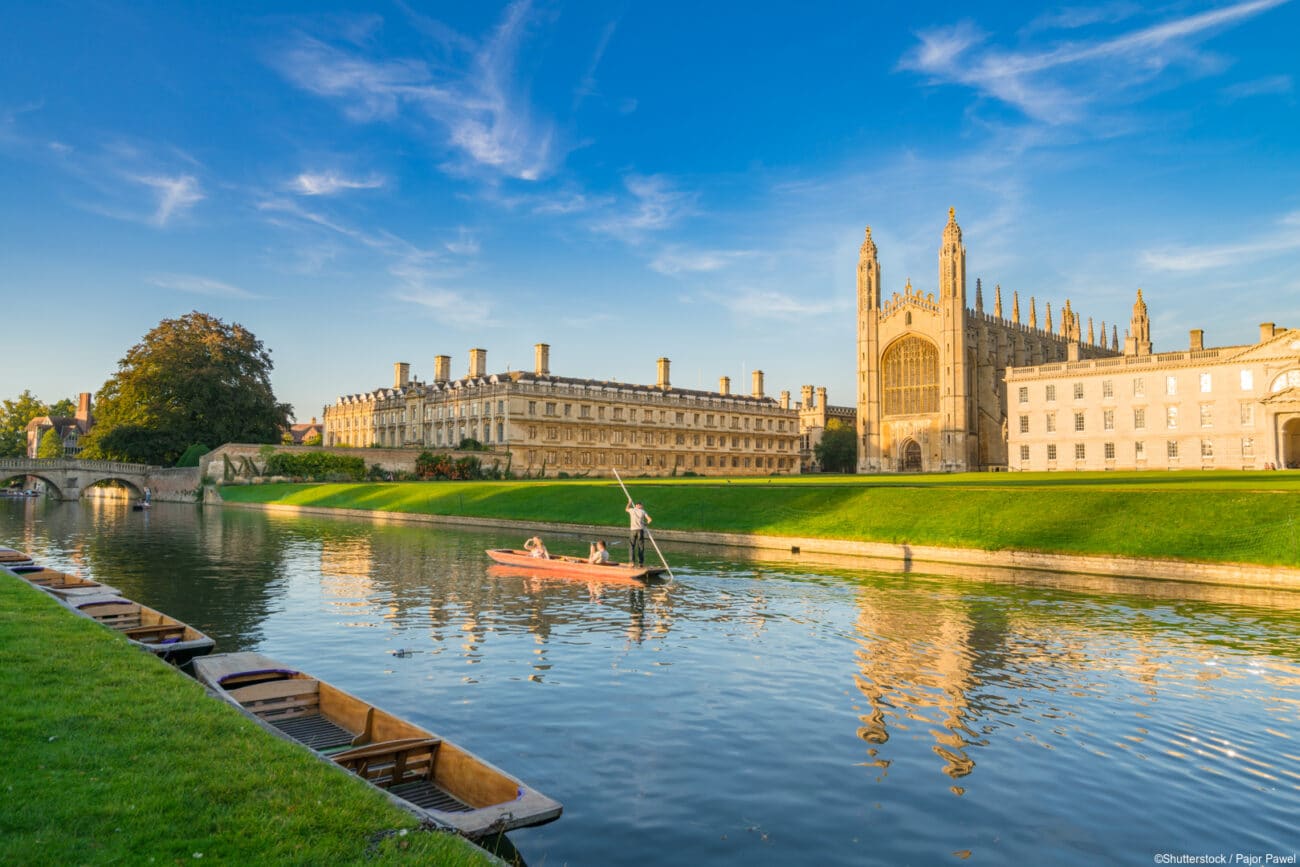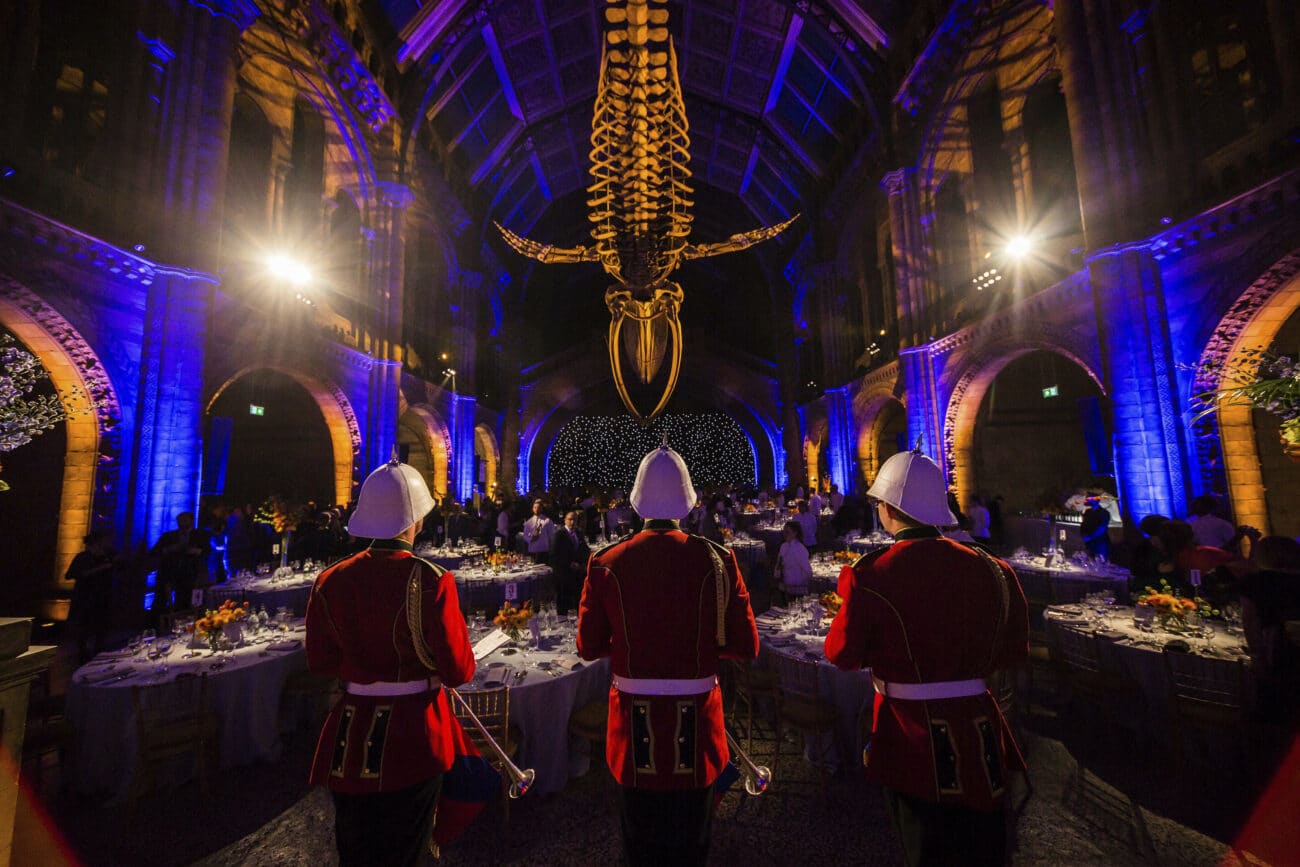Life-saving science
In England’s northwest , along the banks of the River Mersey, lies the port destination of Liverpool, the infamous birthplace of The Beatles. But the northern city is also a pioneer in life sciences, with specialties in infectious disease and tropical medicine (the prestigious Liverpool School of Tropical Medicine was the country’s first when it opened in 1899). In 2008, Liverpool was named European Capital of Culture, which helped with regeneration and investment in the city—a legacy that can still be felt today.
Now Liverpool is home to England’s most specialist hospitals and health centres outside of London, including the Centre of Excellence in Infectious Disease Research (CEIDR). It also features the largest concentration of bio-manufacturing in Europe, with 8,000 core life science students. In fact, the Faculty of Health & Life Science at the University of Liverpool is one of the country’s leading centres for health and life science research and education, being the only of its kind to offer scientific and clinical education that spans a wide range of biosciences, clinical medicine and health sciences.
The capital city of London has quite a storied history as a centre for advancement in medicine and biology. Together with Oxford and Cambridge, London forms part of the “Golden Triangle,” a global hub for life sciences. Across the capital, you’ll find a large network of world-class universities, leading research centres, healthcare providers, medical charities, and a mix of innovative small businesses and global industry players.

As one of the country’s leading destinations for business, London attracts a number of associations and events looking to capitalize on the wealth of resources, including the London Cancer Hub, a partnership between the Institute of Cancer Research and London Borough of Sutton; The Cube, a post-incubator scientific research & development facility in Dagenham, East London; and the Imperial College London’s White City campus, a 25-acre site that brings together researchers, businesses and partners from academia to collaborate and turn research into solutions that will benefit society.
The Francis Crick Institute also brings together 1,500 scientists and staff to discover new ways to treat, diagnose and prevent disease, and was even recognized for its valuable work on COVID diagnostics and research with the annual Sir David Cooksey prize, awarded in November 2020. As Veronique Birault, translation director at the Crick, puts it: “We have been able to play to our strengths: our excellence in discovery research, our diverse science base, our focus on human biology and our links with hospitals have all put us in a strong position to drive progress in the fight against COVID-19. Our work on the testing pipeline will undoubtedly have saved lives already. Our research should help save many more lives in the years to come. This has been translational science in action.”
Game-changing technology
With one of the top healthcare systems, the National Health Service (NHS), England has emerged as a premier place to research, develop and evaluate MedTech products and services. In the centre of the UK, Birmingham is within a four-hour trip of most English cities, and for centuries has been excelling in the realm of technology, from the invention of the steam engine in the 18th century to more recently becoming the UK’s first multi-city testbed for 5G.
It doesn’t come as a surprise then, that the West Midlands is home to more MedTech companies than any other English region. This is where Birmingham’s John Hall-Edwards launched a new field of medical science after using radiation during a surgical operation and taking the first X-ray image of a human spine. It’s also the home of Queen Elizabeth Hospital Birmingham, the first hospital outside of London to incorporate the radiotherapy machine CyberKnife to reach tumours with 0.1mm precision through the use of targeted radiation with robots. Technology for another life-changing invention—the pacemaker—was also developed in the region thanks to the combined research of heart surgeon Leon Abrams and electronic engineer Ray Lightwood, who are alumni of the University of Birmingham.
Also located in Central England, Cambridge has emerged over the past half-century as a major life sciences hub, especially in the MedTech sector. It’s the third-largest life science cluster in the world and the start of the Cambridge Norwich Tech Corridor, which links two of England’s powerhouse cities to help grow the region’s economy and reputation in life sciences, agri-tech, advanced engineering, clean energy, mobility and medicine.

The renowned University of Cambridge has been affiliated with 107 Nobel Prize winners (15 from the last decade alone!), but it’s also creating buzz in the realm of deep, difficult and disruptive technologies. The city is making a name for itself thanks to its entrepreneurial spirit and innovative research projects. Cambridge features 5,000 knowledge-intensive businesses; 16 home-grown start-ups that are now billion-pound companies (including Domino Printing Sciences and Aveva); and over 50 global organisations like Microsoft Research, Apple and Amazon, who have established bases here for research and development activity.
Reimagine your future events in England
Want to learn more about events in England? Attend MeetEngland Virtual – a virtual event taking place on 9 February for UK, Europe and Chinese buyers and 11 February for North American buyers. Featuring 30 handpicked English destinations, connect with convention bureaux across the country in one-to-one meetings. Discover the exciting possibilities for your future events in England.
Advanced therapies
England is home to one of the largest advanced therapies communities in Europe and has one of the largest number of products in preclinical and clinical pipelines. Brighton, the “city by the sea,” is just an hour by rail from London and 30 minutes from London Gatwick Airport. Considered the unofficial gay capital of England, the LGBT-friendly city is known for its welcoming atmosphere and ease of accessibility, in addition to the strong research in cancer and neuro-degeneration at the University of Sussex, which is pushing forward advancements in areas like ecology and conservation, neuroscience and drug discovery. Life sciences is one of the university’s largest academic facilities—no surprise given the fact it’s home to two previous Nobel Prize-winning scientists. In 2002, two of the city’s top universities joined forces to create the Brighton & Sussex Medical School (BSMS), where there are a number of investments in research infrastructure, such as a Clinical Imaging Sciences Centre and Clinical Investigation and Research Unit focusing on early clinical trials and patient-orientated research.
Meanwhile, the compact city of Leeds, in the North of England, is home to four leading universities—Leeds Beckett University, Leeds Trinity University, the University of Leeds and Leeds Arts University—in addition to being England’s second-largest financial centre. Leeds Teaching Hospitals, one of the largest National Health Service trusts in the country, is home to a global centre of excellence for Digital Pathology that scans up to 250,000 clinical samples per year. The Health Data Research UK, the national institute for health data science, is also funding the £4.5 million national data hub DATA-CAN, which works with data custodians to make high-quality health data more accessible for cancer researchers, clinicians and other health professionals so they can improve cancer care.
Leeds also features four of the five national health and care bodies (NHS England, NHS Digital, NHS Leadership Academy and Health Education England), as well as the largest cluster of MedTech businesses in England, with specialties in digital health, patient systems, medical devices and health informatics. The combination of the city’s wealth of healthcare resources, as well as stunning countryside and historic attractions (it’s home to one of the world’s best-preserved medieval Cistercian abbeys and the UK’s only gas-lit cinema) is what helped make Leeds the 5th most popular conference locale in the UK in 2019, bringing 3.5 million delegates to 50,000 meetings and events.
As Claire Heap, head of Conference Leeds, puts it: “Now, more so than ever, we believe that it’s important to shine a light on the incredible medical discoveries from Leeds, as its strength in healthcare continues to develop and grow. Dating back to the 19th Century, Leeds has been instrumental in many key developments across healthcare – changing the world with research, discoveries and innovations. Even today, as we see the world brought to a standstill by COVID-19, the professionals in this city are rising up to the challenge and becoming an instrumental force in the fight against the virus, which is something that we as a city are incredibly proud of.”
Virtual attraction
Want to know more about England as a conference destination?
Get in touch with MeetEngland’s Meetings and Incentive Senior Manager Europe, Caroline Phelan or give her a call at +33 (0)6 38 98 31 07.

As the events world has moved digital due to COVID-19, MeetEngland has also pivoted and taken its offerings online to give planners and delegates a digital look at what the country can offer. In addition to universities like Oxford offering virtual tours and NewcastleGateshead’s Centre for Life hosting public lectures on Zoom, convention bureaux across the country are coming together for MeetEngland Virtual 2021, a virtual event taking place on 9 February for buyers from Europe, China and the UK and 11 February for North American planners, offering one-on-one meetings with 30 hand-picked English destinations.
As Nick de Bois, chair of VisitEngland, explains:“Our priority remains to reassure event planners, delegates and suppliers that our planning towards future recovery continues. MeetEngland Virtual has been designed to inform buyers on England’s business events offering and to highlight the innovation of our sector as we adapt to new ways of working while still ensuring a fantastic business events experience.”
